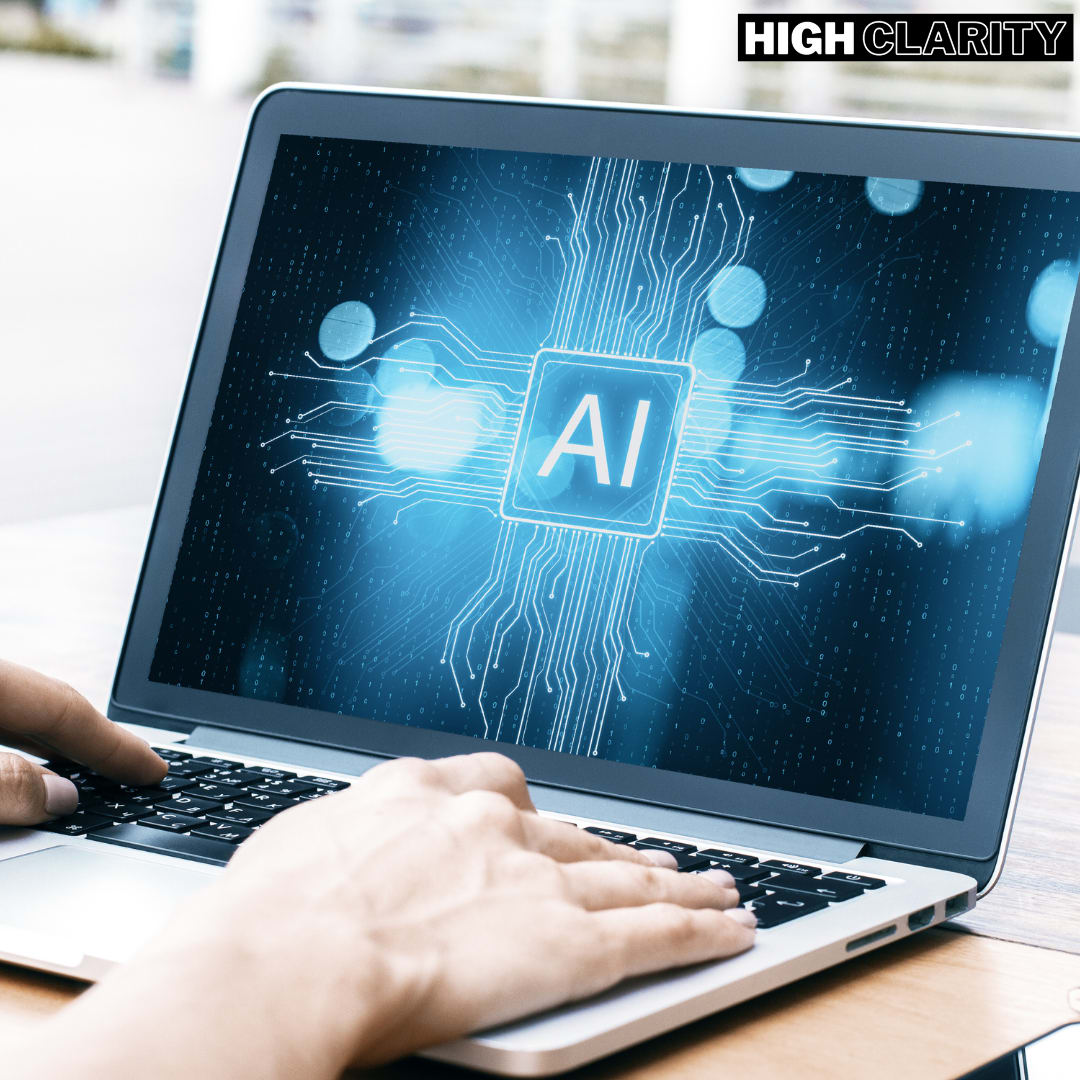
With the rapid evolution of artificial intelligence (AI) and its growing cognitive capabilities, age-old philosophical questions about the nature of intelligence are resurfacing. Central to this debate is the concept of embodiment—the idea that cognition and the mind are deeply linked to the physical experience of the body. Ancient Greek philosophers Plato and Aristotle both placed significant emphasis on the role of the body in the process of reasoning, suggesting that thought could not exist in isolation from the sensory and physical world.
Plato, while upholding his theory of forms and advocating for the existence of abstract ideals, acknowledged that human understanding originates in sensory experience. Aristotle went even further, asserting that the mind and body are interdependent—all facets of human cognition, from perception to reason, are tied to our physical form. For him, knowledge arises from interacting with the world through the senses and interpreting it through logical faculties.
In contrast, many current forms of AI operate disembodied—existing as algorithms running on digital hardware. These systems process data, learn patterns, and make decisions, often achieving results that mimic human intelligence in limited domains such as language translation, chess playing, or even generating coherent text. However, they do so without a physical body or experiential grounding in the real world.
Recent developments in robotics and embodied AI, such as robots with sensory systems that learn from interaction with their surroundings, attempt to address this philosophical challenge. By grounding AI in physical experiences—touch, vision, movement—engineers and cognitive scientists aim to replicate the integrative learning processes thought to be essential to human intelligence.
The question remains: can AI truly think in a human-like way without the physical experiences that shape human cognition? Embodied AI research suggests that the answer may lie in closing this gap. If machines can be endowed not only with syntactic reasoning but also with sensory awareness and bodily experience, they could move closer to replicating the deeper layers of human understanding described by ancient philosophers.
The resurgence of these classical philosophical perspectives underscores how modern technological frontiers are intersecting with timeless questions. As AI continues to evolve, insights from thinkers like Plato and Aristotle may guide our understanding of intelligence—not just in silicon, but in essence.
Source: https:// – Courtesy of the original publisher.








